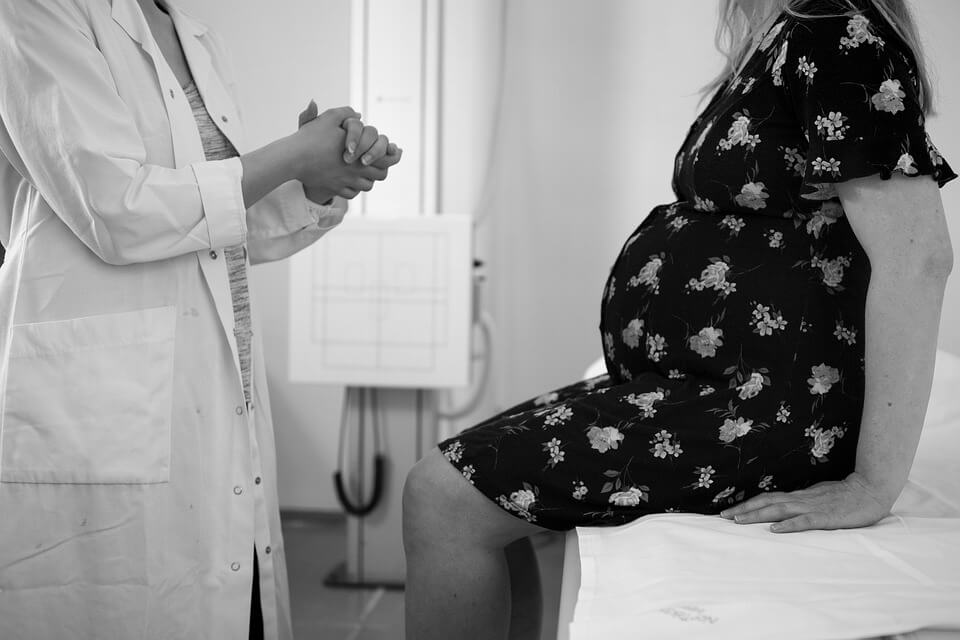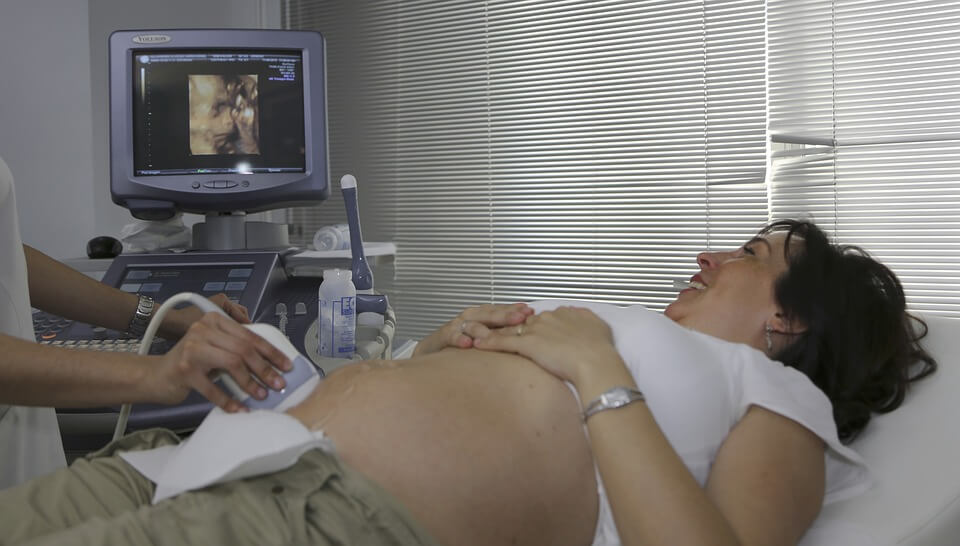Pregnancy is an exciting time, but it can also be a challenging period for women's health. It is essential to be aware of the symptoms of infection during pregnancy to avoid complications and ensure a healthy pregnancy.
It can become a stressful and risky experience.
During pregnancy, the body goes through significant hormonal changes that can affect the immune system, making women more susceptible to infections, and can pose significant health risks to both the mother and her developing fetus.
Infections during pregnancy can be caused by different types of bacteria, viruses, and fungi.
This article will take a closer look at the different types of infections that pregnant women can experience, symptoms of infection during pregnancy, treatment, and prevention.

Causes of Infections During Pregnancy
Symptoms of infection during pregnancy caused by different types of infections Some of them are:
Urinary Tract Infections (UTIs)
Urinary tract infections are one of the most common infections during pregnancy. UTIs occur when bacteria infect the bladder, ureters, or kidneys.
The symptoms of UTIs in pregnancy:
- Frequent and painful urination
- Feeling of urgency to urinate
- Fever
Failure to treat urinary tract infections can increase the likelihood of complications such as preterm labor.
Vaginal Infections
Vaginal infections such as bacterial vaginosis, yeast infections, and trichomoniasis are common infections in pregnant women. These conditions can cause:
- Itching
- Burning
- Vaginal discharges
Bacterial vaginosis, in particular, has been linked to preterm birth, and low birth weight in infants in addition to causing many symptoms of infection during pregnancy.
Listeriosis
Listeriosis is a bacterial infection caused by Listeria monocytogenes, this infection is typically acquired through consuming contaminated food or beverages.
Pregnant women are at higher risk of contracting listeriosis as their immune system becomes compromised during pregnancy.
Symptoms of listeriosis include:
- Fever
- Muscle aches
- Gastrointestinal symptoms
In severe cases, listeriosis can cause stillbirth or neonatal meningitis.
Toxoplasmosis
Toxoplasmosis is a parasitic infection caused by Toxoplasma gondii.
Pregnant women can contract toxoplasmosis through contact with infected cat litter, contaminated meat or vegetables, or by eating unwashed fruits, vegetables, or undercooked meat.
Symptoms of toxoplasmosis include:
- Flu-like symptoms
- Muscle aches
- Fever
- Swollen lymph nodes
Hepatitis B
Hepatitis B is a viral infection that can cause liver damage, it can be transmitted to the baby during delivery, leading to chronic hepatitis B infection in the newborn.
Pregnant women with chronic hepatitis B can transmit the infection to their babies during childbirth.
Symptoms of hepatitis B:
- Jaundice
- Dark urine
- Fatigue
- Mild flu-like symptoms
Cytomegalovirus (CMV)
Cytomegalovirus is a viral infection that can cause damage to a developing fetus or a newborn baby.
The transmission of CMV can occur through contact with bodily fluids, including saliva, urine, or blood. The symptoms of CMV include:
- Flu-like symptoms
- Fever
- Swollen lymph nodes
In severe cases, CMV can cause permanent hearing loss or neurological defects.

Symptoms of infection during pregnancy
Depending on the type of infection there are some of the most common symptoms of infection during pregnancy.
Fever
A high fever is one of the most common symptoms of infection during pregnancy.
A fever during pregnancy can be an indication that the body is fighting an infection.
Vaginal Discharge
Abnormal vaginal discharge, such as an increase in volume, change in color, or odor, may indicate a vaginal infection.
Painful or Burning Urination
This is usually a symptom of infection during pregnancy caused by a urinary tract infection (UTI).
Abdominal Pain
Severe or persistent abdominal pain may be a sign of a urinary tract infection, kidney infection, or other infection.
Headaches
Severe or persistent headaches may be a symptom of infection during pregnancy or other health problems.
Joint Pain
Joint pain can be a symptom of viral infections.
Fatigue
Excessive tiredness or weakness can be one of the common symptoms of infection during pregnancy.
Nausea and Vomiting
These are unusual symptoms that can occur during pregnancy and can also indicate an infection.
Preventing Infections During Pregnancy
Preventing infections during pregnancy starts with good personal hygiene.
Here are some tips to avoid symptoms of infection during pregnancy
1-Wash your hands thoroughly and frequently.
2-Avoid contact with people who have infections.
3-Avoid eating undercooked or raw meat, poultry, or fish.
4-Wash fruits and vegetables thoroughly.
5-Avoid handling cat litter or gardening, as they can be a source of infection.
6-Practice safe sex and use a condom to reduce the risk of sexually transmitted infections.
7-Visit your healthcare provider regularly, and inform them of any unusual symptoms you may be experiencing.

Treatment Options
Antibiotic and antiviral treatments can be administered to treat infections such as UTIs and hepatitis B.
Infections such as listeria or toxoplasmosis may require long-term treatment with antibiotics.
Treating the symptoms of infection during pregnancy depends on the type of infection and its severity.
Antibiotics are commonly used to treat bacterial infections, while antiviral drugs are typically used to treat viral infections.
Treatment of fungal infections may involve the use of antifungal medications.
Your healthcare provider will recommend the appropriate treatment option based on the type of infection and its severity.
In some cases, prompt treatment can help prevent the infection from causing harm to the developing fetus.
However, in some instances, an infection can lead to complications such as premature birth, stillbirth, or long-term health problems in the newborn.
Conclusion
Overall Infections during pregnancy can occur in various forms and can cause serious health problems for both the mother and the developing fetus.
Common infections during pregnancy such as UTIs, vaginal infections, listeriosis, toxoplasmosis, hepatitis B, and CMV can be treated with timely and effective medical interventions.
Being aware of the symptoms of infection during pregnancy can help you seek prompt medical attention and prevent complications.
Additionally, practicing good personal hygiene and following your healthcare provider's recommendations can help prevent infections during pregnancy.
If you suspect that you have any symptoms during pregnancy, contact your healthcare provider immediately to get the appropriate treatment and ensure the well-being of yourself and your baby.
Read more about:
Diabetes During Pregnancy Symptoms


You must be logged in to post a comment.